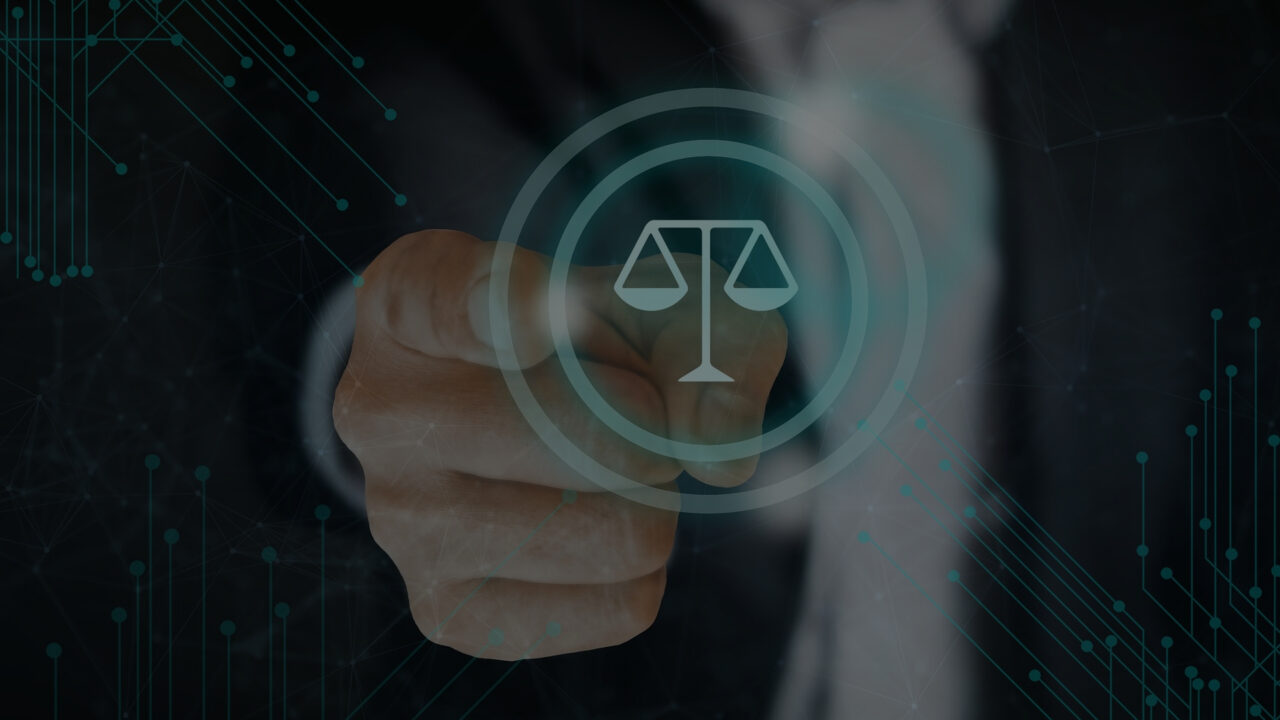Real estate and construction law have been a crucial aspect of human societies for centuries. As the world’s population grew, so did the need for homes, offices, and other buildings. Along with this, legal frameworks were put in place to regulate the buying, selling, and building of real estate. Here is a brief history of real estate and construction law.
bernard.lukomski@kpbl.pl
ul. Puławska 2, Budynek B, 02-566 Warszawa.


